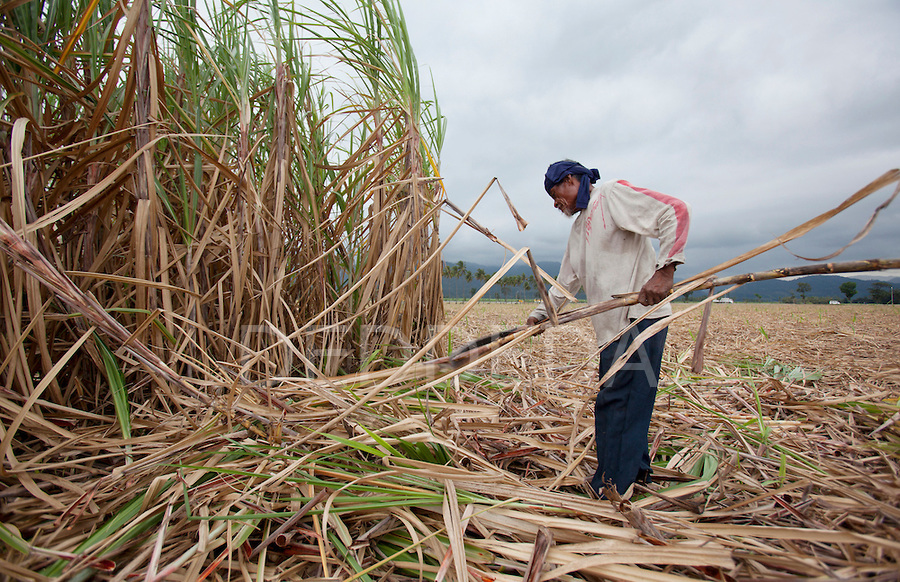Government reviews tariff liberalization commitment to RCEP
Philstar | 18 April 2016
Government reviews tariff liberalization commitment to RCEP
By Richmond Mercurio
MANILA, Philippines – The government is reviewing its tariff liberalization commitments to the Regional Comprehensive Economic Partnership (RCEP) agreement as it seeks to position the country on the winning end of the deal.
Following a private sector stakeholder consultation last week, the Philippine Exporters Confederation Inc. (Philexport) said the Philippine team vowed to push exporters’ interests and protect vulnerable industries when it goes to the 12th round of negotiations on the RCEP in Australia later this month.
Trade and Industry Assistant Secretary Anna Maria Rosario Diaz-Robeniol said the negotiating panel is reviewing Philippine tariff offers in preparation for its return to the negotiating table.
Robeniol said the Philippines is recalibrating its tariff liberalization commitments to the RCEP to ensure that national interests, particularly the interests of sensitive sectors, are protected.
“We would be pushing for Philippine trade and export interests. We would also aim to maintain tariff protection for sectors that are deemed sensitive,” she said.
The Trade official said the country would push for increased exports of canned tuna, fresh pineapple, mango, garments of synthetic fibers, raw cane sugar, crude coconut oil, cut tobacco, bananas, coconut, and copra oil.
Sensitive sectors to be guarded, meanwhile, will include iron and steel, petrochemicals, auto and auto parts, rice, sugar, corn, live swine and poultry and their meat, as well as agricultural products like garlic, onion, coffee, mango and other fruits.
The proposed RCEP, which is composed of the 10 members of the Association of Southeast Asian Nations and its dialogue partners (Australia, New Zealand, India, Korea, Japan and China), accounts for nearly 30 percent of the world’s trade and is projected to have a combined gross domestic product of about $21.2 trillion.
RCEP negotiaitions started in November 2012 in Phnom Penh.
Robeniol said the biggest challenge for the negotiators is how to strike a balance that would address the interests of domestic producers that need inputs for their export products and the requirements of consumers for products that are not adequately met by domestic production.
On trade in services, Robeniol said RCEP parties have begun “bilateral request-and-offer processes” but with no consensus reached yet.
In terms of investments, she said there remain “unresolved issues including proposals which are red lines for the Philippines.”
The RCEP is expected to conclude talks by the end of the year.






